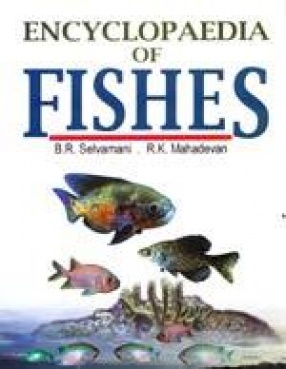
Showing all 10 books

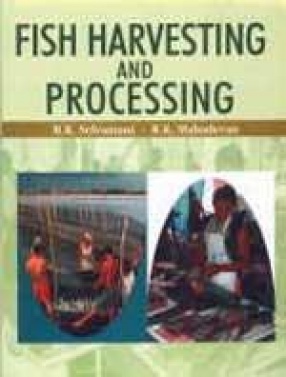
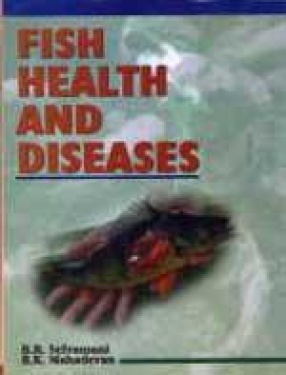
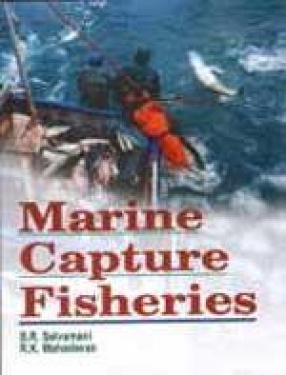
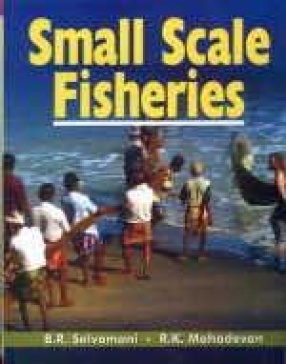
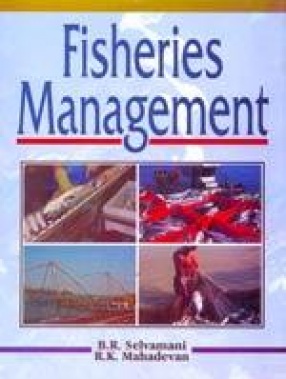
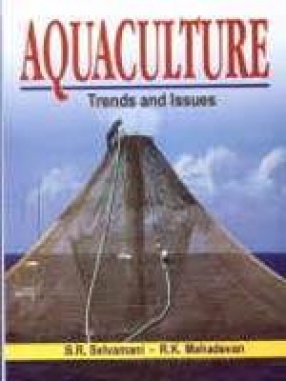
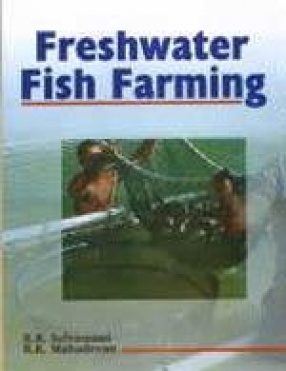
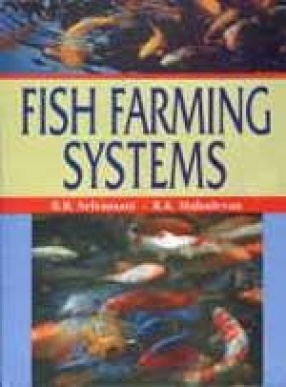


The wealth of aquatic resources was assumed to be an unlimited gift of nature. Fish contribute substantially to the world supply of animal protein, either directly or through their use as feedstuff for livestock. Fishing, fish processing and fish trading have provided food, employment and income in coastal and inland communities for centuries. Fishing is an ancient and worldwide practice with many techniques and traditions, and it has been transformed by modern ...

Aquaculture, beyond doubt, is the fastest growing food-producing sector in the world. The important role of aquaculture in providing aquatic animal protein to make up for the shortfall in wild fisheries, and its socio-economic role in providing livelihood opportunities and economic security, particularly for the less-developed regions of the world, is now being strongly recognised globally. However, the threat of disease has now become a primary constraint and ...
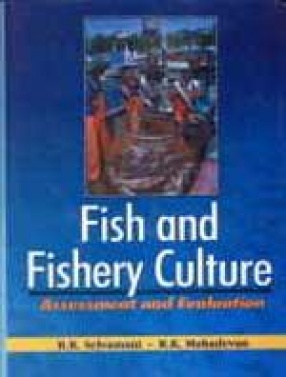
Aquaculture is currently one of the fastest growing food production systems in the world. Most of global aquaculture output is produced in developing countries, and, significantly, in low-income food-deficit countries. With stagnating yields from many capture fisheries and increasing demand for fish and fishery products, expectations for aquaculture to increase its contribution to the world's production of aquatic food are very high, and there is also hope that ...

Fisheries have been important parts of human life and food production throughout history. Fisheries have become a part of human cultures and mythologies, providing a community identity and a subject for artists throughout the ages. Partially, this is because fisheries are irretrievably wrapped up in humanity's perpetual fascination with the sea, and partially, because they have been a major source of food and income for many communities throughout the ages. ...

The small scale fisheries sector is the oldest and most important part of the marine fisheries economy of the world. It accounts for a substantial part of the world fish production. It provide employment for millions of fishers directly engaged in fishing activities, including rural aquaculture, and for millions more working in fisheries related activities such as fish processing and marketing, boat building and net making. Small scale fisheries are scattered ...

Fisheries management is the integrated process of information gathering, analysis, planning, consultation, decision-making, allocation of resources and formulation and implementation, with enforcement as necessary, of regulations or rules which govern fisheries activities in order to ensure the continued productivity of the resources and the accomplishment of other fisheries objectives. It involves a complex and wide-ranging set of tasks, which collectively have ...

Aquaculture, most simply defined as the rearing or farming or aquatic species under controlled conditions, is a rapidly growing industry, accounting for over one-third of all direct fisheries consumption. It is an important economic activity in many countries and offers a number of opportunities to contribute to poverty alleviation, employment, community development, the reduction of over-exploitation of natural resources, and food security in tropical and ...

Freshwater fisheries are the most heavily exploited aquatic resources, producing about a quarter of the world's food fish from less than 0.01 per cent of the world's water resources. Although freshwater fish farming is approximately 2,000 years old, the importance of it has been realised only recently in the face of mounting pressure of land resources and scarcity of animal protein for the ever increasing human population. Rapid development of freshwater ...

Integrated fish farming is a sustainable agriculture technology practised widely across the world. It is a diversified and coordinated way of farming or producing agricultural items in the fish farms with fish as the main product. The items produced are to be used either as source of feeds and fertilizer, source of additional income or both. The wise integration of these items in a fish farm promotes the full utilisation of its land area and recycling of wastes ...
